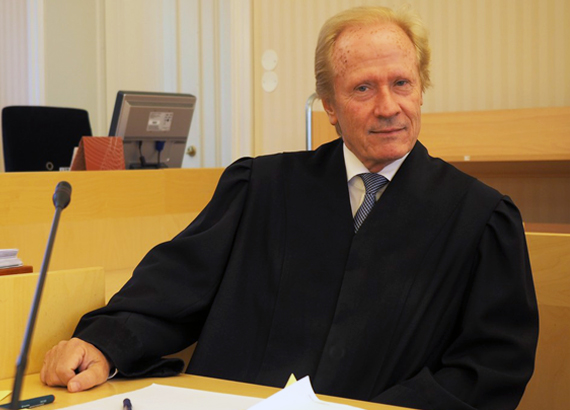
When it comes to the legal profession, trial lawyers are skilled in the art of persuasion. They possess the ability to present compelling arguments, scrutinize evidence, and influence the opinions of judges and jurors. The key to their success lies in their ability to understand human psychology and leverage it to their advantage.
One of the most important skills that trial lawyers possess is the ability to build rapport with their audience. Whether it's a judge, a jury, or even a witness, establishing a connection is crucial for gaining trust and credibility. The best Trial lawyers often use techniques such as mirroring body language, active listening, and finding common ground to create a sense of camaraderie with those they are trying to persuade.
Another key aspect of persuasion that trial lawyers excel at is storytelling. Humans are naturally drawn to narratives, and trial lawyers know how to craft a compelling story that resonates with their audience. By weaving together facts, emotions, and characters, they can create a powerful narrative that sways opinions and influences decisions.
In addition to storytelling, trial lawyers also rely on the power of persuasion techniques such as social proof, scarcity, and authority. By presenting evidence in the form of testimonials, expert opinions, and precedents, they can leverage the principle of social proof to show that their argument is supported by others. Creating a sense of scarcity by emphasizing the urgency of the situation can also compel the audience to act quickly.
Furthermore, trial lawyers are skilled in the art of cross-examination. This technique involves questioning witnesses in a way that reveals inconsistencies, biases, or ulterior motives. By using leading questions, mirroring techniques, and timing strategies, trial lawyers can expose the weaknesses in the opposing party's arguments and cast doubt on their credibility.
Another tactic that trial lawyers use to persuade is emotional appeal. By tapping into the emotions of their audience, they can elicit sympathy, anger, or fear to influence their decisions. Whether it's painting a vivid picture of a victim's suffering, appealing to a juror's sense of justice, or evoking a sense of outrage at the opposing party's actions, trial lawyers know how to evoke emotions that can sway opinions and lead to a favorable outcome.
Lastly, trial lawyers are adept at the art of negotiation. This skill involves finding common ground, building trust, and reaching mutually beneficial agreements with the opposing party. By using techniques such as active listening, assertiveness, and compromise, trial lawyers can navigate complex negotiations and secure favorable outcomes for their clients.